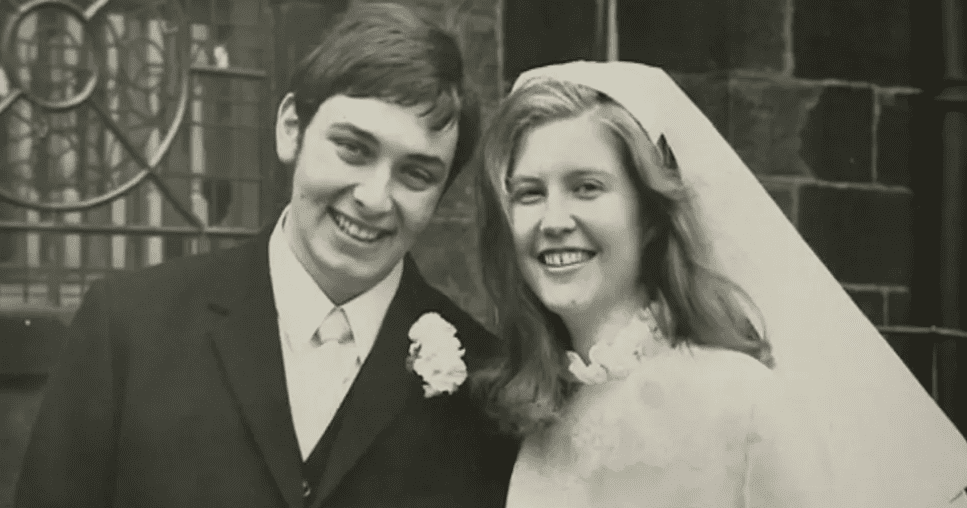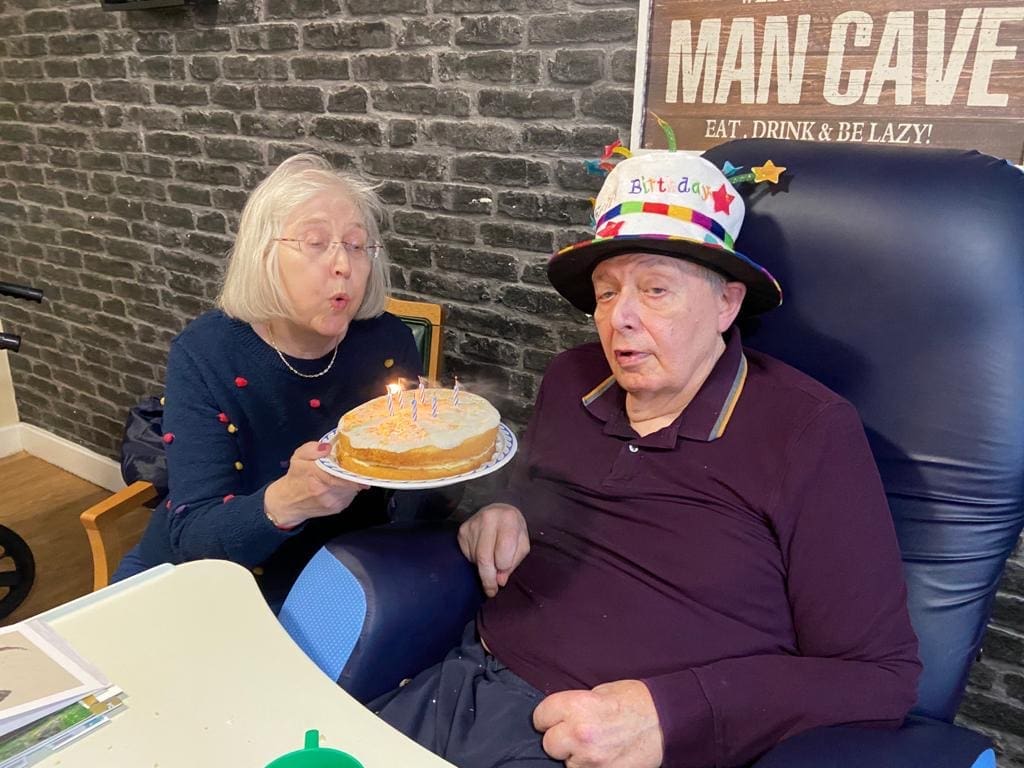
A supportive workplace meant the world after Mum’s diagnosis
When Rosie’s mum, Dawnie, was diagnosed with young onset Alzheimer’s disease, her employer ensured caring responsibilities were fully supported.

Susan cared for her husband, Peter, who was diagnosed with Alzheimer’s disease in 2014 and died in 2021.
There is no manual when it comes to caring for a loved one with dementia. And while I sought out as much information as I could, living with it every day is another matter entirely. Peter went into a care home in 2017 and when the COVID pandemic hit, I wasn’t able to visit him during the lockdown. On New Year’s Day 2021, I received an urgent call inviting me to visit and was shocked at how much he had deteriorated. 15 minutes after I arrived, Peter died.

There is a level of guilt I feel for not being with him more in his final stages, but I also know that circumstances were beyond my control. For me, the strongest sense of regret comes when I look back on our home life after his diagnosis. Peter’s dementia exacerbated his argumentative nature, and he would become irritated very easily. He was also a very private man. Accepting help never came easy to him. This made caring for him so difficult. At times, our home life would push me to breaking point. I feel guilty that I wasn’t more patient, more kind and more understanding. Hindsight can be a cruel thing. You look back on things through a harsher lens than when you see them in real-time. In the moment, it felt like things were escalating out of my control. I reacted in the best way I could, but I can’t help but replay moments in my mind.

Despite all my wonderful memories with Peter, I must say, our dementia journey has changed me forever. It’s not a cloak you can just shrug off. I want to share my experience with others who may be on the journey right now. If you’re feeling guilt, you’re not alone.

Hilda Hayo, Dementia UK's Chief Admiral Nurse and Chief Executive Officer, reflects on Susan's experience."It is important for the carer to accept that they are doing the best they can in a very difficult situation. The tiredness and irritability can also be an indication that more support is needed, and we can then have a conversation about what is available and how to access it."
“Susan describes how guilty she felt that she wasn’t more patient and understanding with Peter. Most of the families I have worked with over the years have also stated that they have felt guilty about how they have responded to the person with dementia sometimes. Dementia can be unpredictable and emotionally exhausting.
“When we are tired, frustrated and upset by what a person says, or does, it is more likely that we will say or do things we later regret. I remind the family carer that they are human and when tired, we can all get irritable, and this can spill over into saying harsh things in the moment.
“It is important for the carer to accept that they are doing the best they can in a very difficult situation. The tiredness and irritability can also be an indication that more support is needed, and we can then have a conversation about what is available and how to access it. It is important that the family carer realises that guilt is a common feeling in this situation and there are people who can help and that they are not alone.”

When Rosie’s mum, Dawnie, was diagnosed with young onset Alzheimer’s disease, her employer ensured caring responsibilities were fully supported.

Phil highlights the difference it makes when someone living with dementia receives appropriate support in the workplace. He urges employers not to "write someone off" because of their diagnosis.

Glenn shares how flexible working arrangements and support from his managers enables him to continue working whilst prioritising his wife Helen's care.